A Baking Lesson
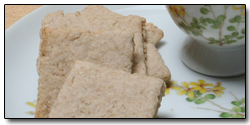
Remember when fat was so demonized that food companies concentrated on making low fat cookies? The result often was unsatisfying so we ate them by the handful, but thought this was okay because, hey, they’re low fat.
Now we know that calories matter, that avoiding trans-fats is crucial and that we should limit the amount of saturated fat we eat. As a self-proclaimed cookie monster, this awareness has really affected me because I like cookies with rich crispness that comes from fat. Shortbread cookies are my favorite. Making them with modest amounts of fat typically results in hard and dry cookies. The method and ingredients I found to get nutritionally sensible, but great shortbread like these Scottish Oatcakes, provide an opportunity to offer a good baking lesson.
Baked goods often require fats that are solid at room temperature, particularly butter and shortening. These hard fats trap air, helping baked goods rise. Shortening that has a high melting point is better for cookies that should hold their shape, while butter, as it melts, helps your chocolate chip cookies spread out into thinner, more delicate delights. Oils, which are liquid at room temperature, coat the proteins in flour and this makes baked goods tender. Think, for example, of the fluffy, light crumb in muffins and carrot cake, both usually made with oil.
Until recently, health-smart cooks avoided shortening because hydrogenation, the process that solidifies vegetable oil into shortening, creates trans-fats. The trans-fat free shortenings solid at room temperature without hydrogenation, particularly palm kernel oil, were very high in saturated fat.
Now, though, you can get sticks of vegetable shortening made from palm oil. This comes from the fruit and contains significantly less saturated fat than palm kernel oil. Less than butter, too.
For the best texture work in the shortening for these oatcakes by hand – not in a food processor. The food processor breaks up the oat flakes and besides, the energy required for hand mixing will give you a good workout. Then serve them with Cheddar cheese, tomato soup or with tea as a not too sweet cookie.
Scots Oatcakes
– Makes 32 crackers
- 1 1/2 cups old fashioned rolled oats
- 1 cup unbleached all-purpose flour, plus 2 tablespoons, divided
- 1/2 cup whole-wheat pastry flour
- 1/4 cup sugar
- 1/2 tsp. baking powder
- 1/2 tsp. kosher or sea salt
- 1/2 cup (1 stick) trans-fat free vegetable shortening, chilled
- 6-8 Tbsp. ice cold water
- Vegetable cooking spray
In large mixing bowl, combine oats, 1 cup of the all-purpose flour, whole-wheat flour, sugar, baking powder and salt. Cut shortening into 1/2-inch cubes and add to dry ingredients. Using pastry cutter or sturdy fork, cut shortening into dry ingredients until mixture is evenly sandy, using a pushing and twisting motion. This takes about five minutes of vigorous work.
Add 2 tbsp. of the cold water and work in using your fingers, adding water by the tablespoon until mixture forms a stiff, crumbly dough. Divide dough into two parts. Pat each into 4-inch square and wrap in wax paper. Refrigerate dough for 30 minutes.
Preheat oven to 350 degrees. Lightly spray baking sheet with cooking spray and set aside.
Sprinkle 2 tsp. of flour over sheet of wax paper. Set chilled dough in center of the paper and sprinkle with 1 tsp. flour. Top with another sheet of wax paper. Roll out the dough, working from the center out, into 9-inch by 1/8-inch square, pressing back together where it cracks at the edges. Using sharp knife trim dough into even square, then cut into sixteen 2-inch squares. Transfer dough to prepared baking sheet leaving 1 1/2 inches between squares.
Bake oatcake crackers in center of oven for 12-15 minutes, until they feel dry on top and are barely colored around edge. Transfer to wire rack and cool completely.
Roll out and bake remaining dough.
Store Scots Oatcakes in an air-tight container for up to five days.
Per cracker: 70 calories, 3 g total fat (1 g saturated fat), 9 g carbohydrate, 1 g protein, 1 g dietary fiber, 35 mg sodium.
The Author:
“Something Different” is written by Dana Jacobi, author of 12 Best Foods Cookbook and contributor to AICR’s New American Plate Cookbook: Recipes for a Healthy Weight and a Healthy Life.

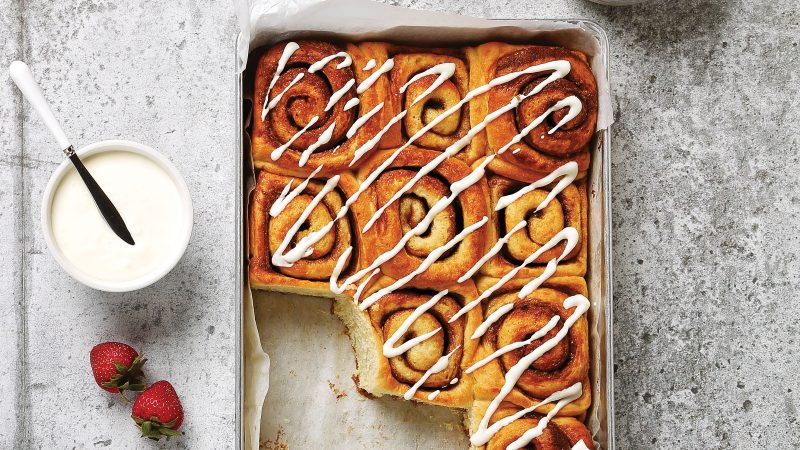
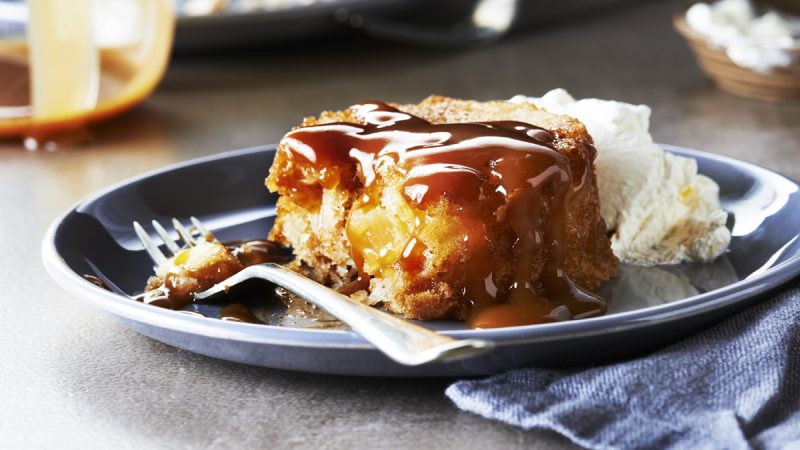
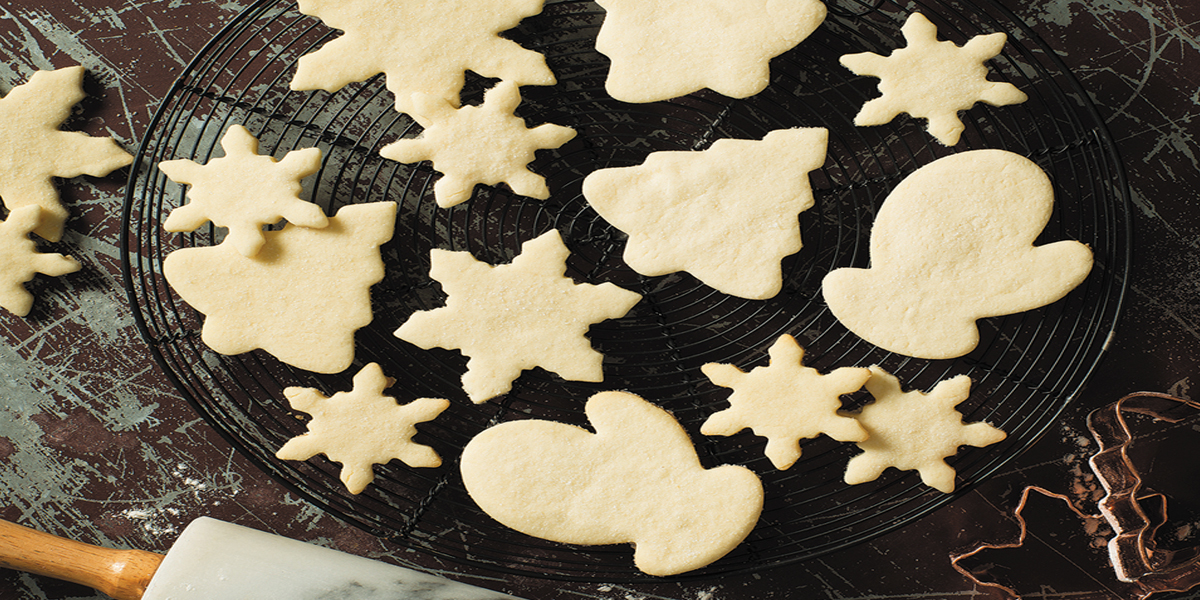
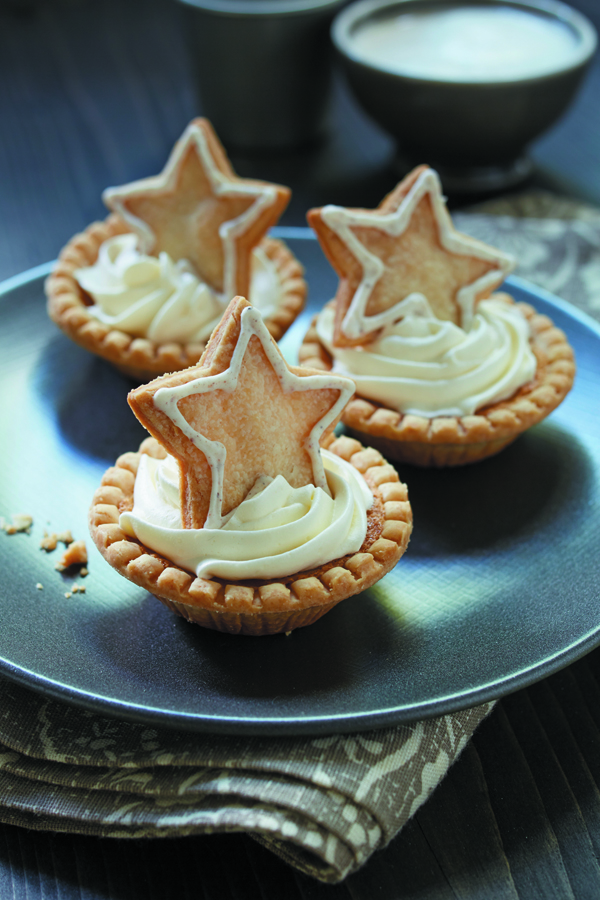
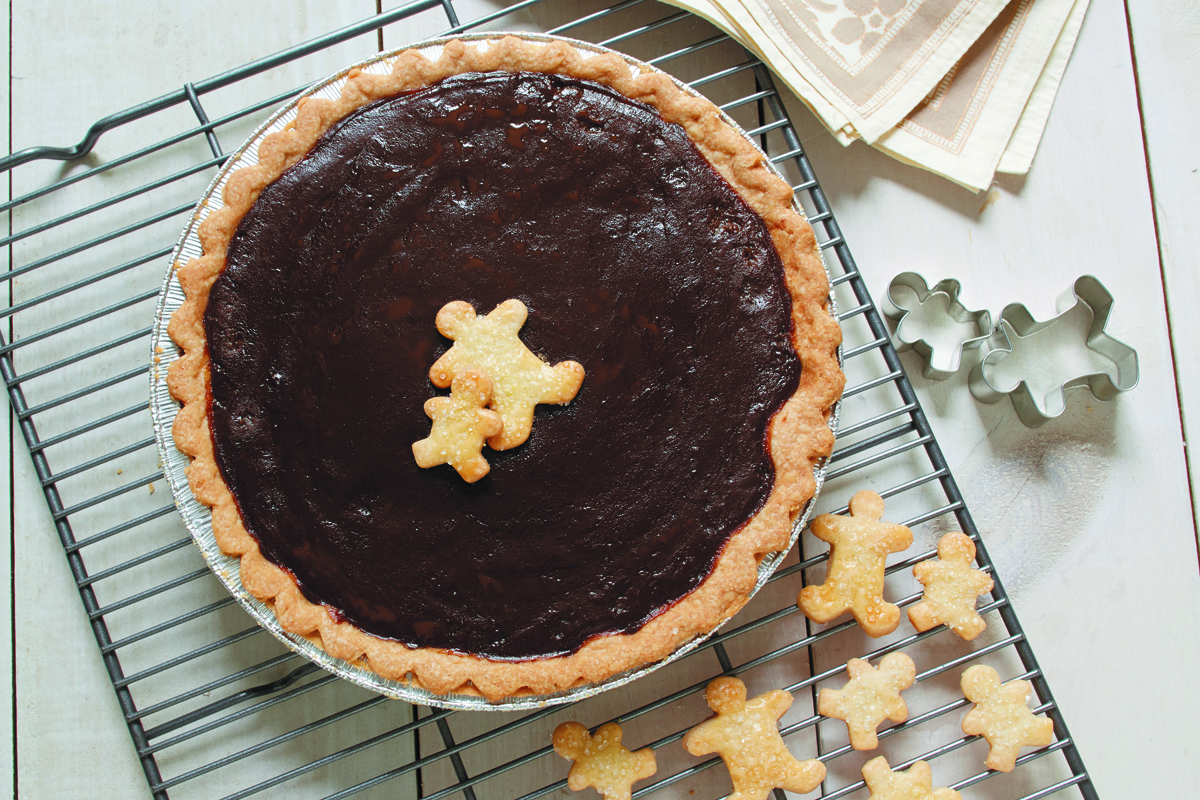
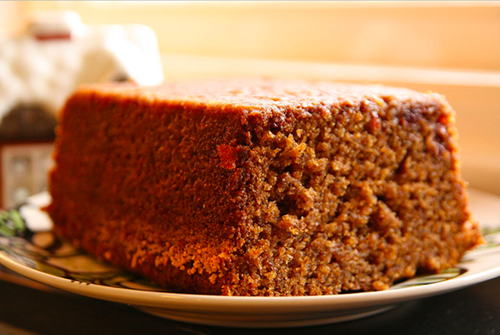
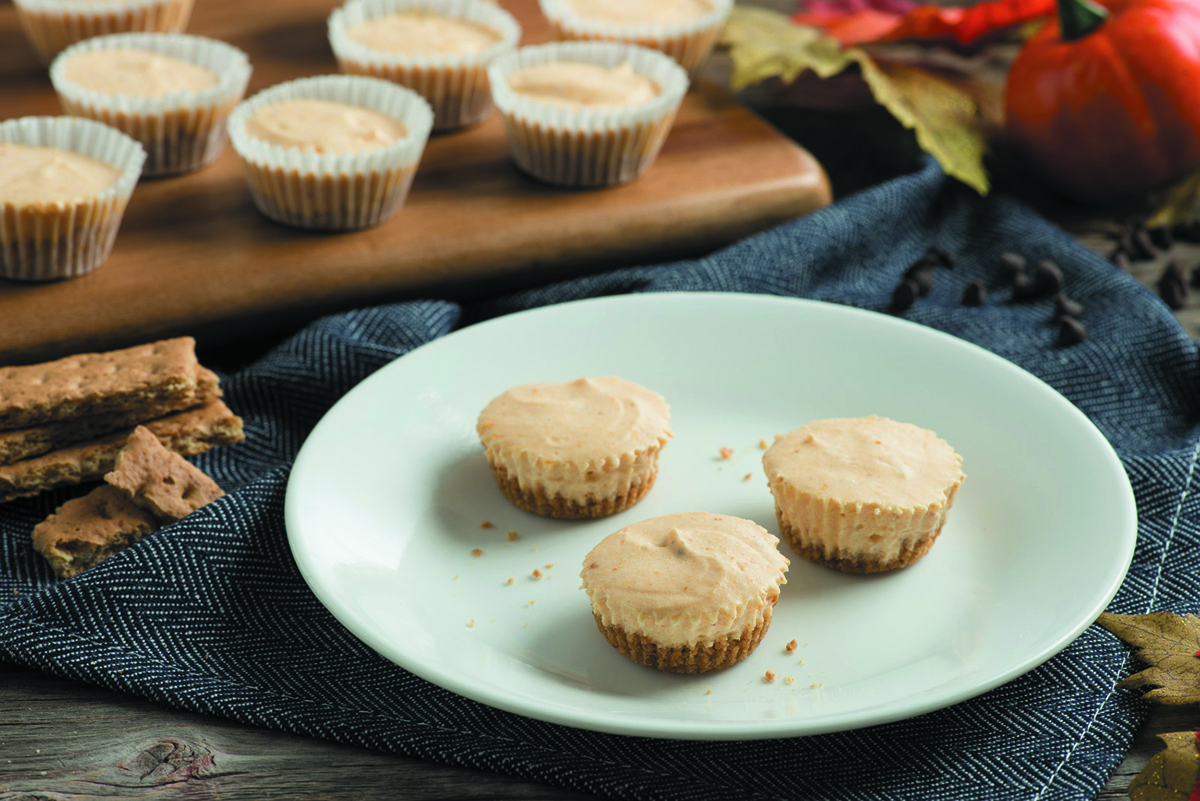
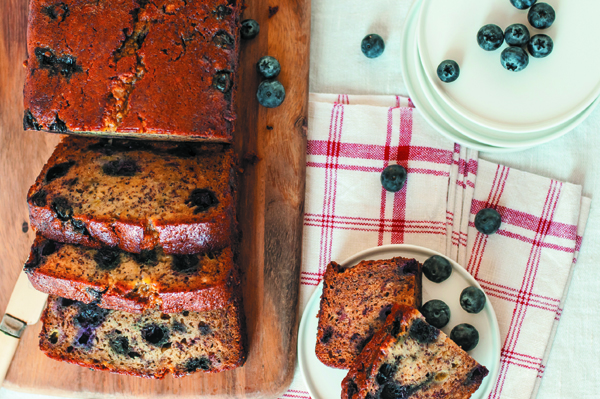
Thank you for such a wonderful tips on baking 🙂